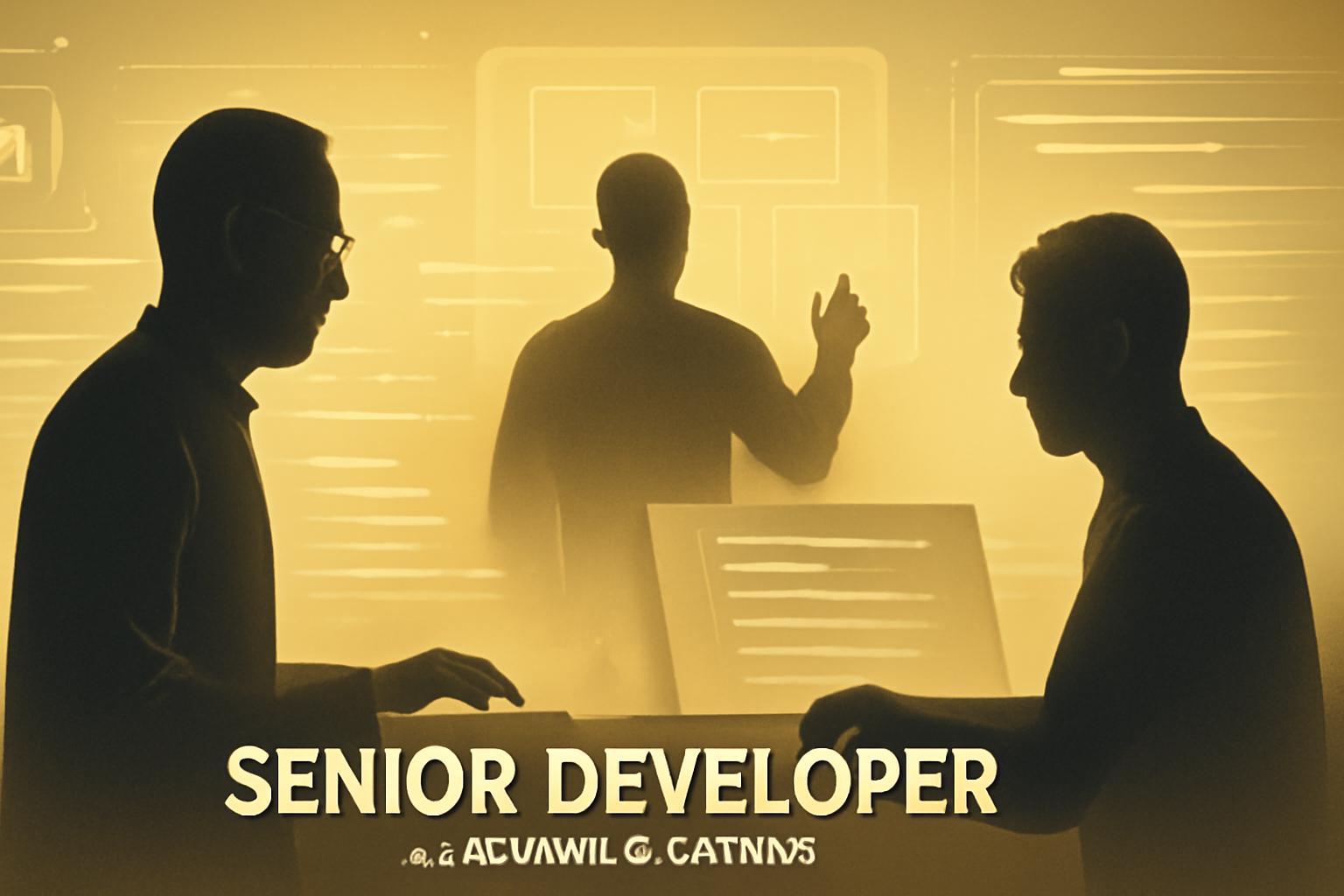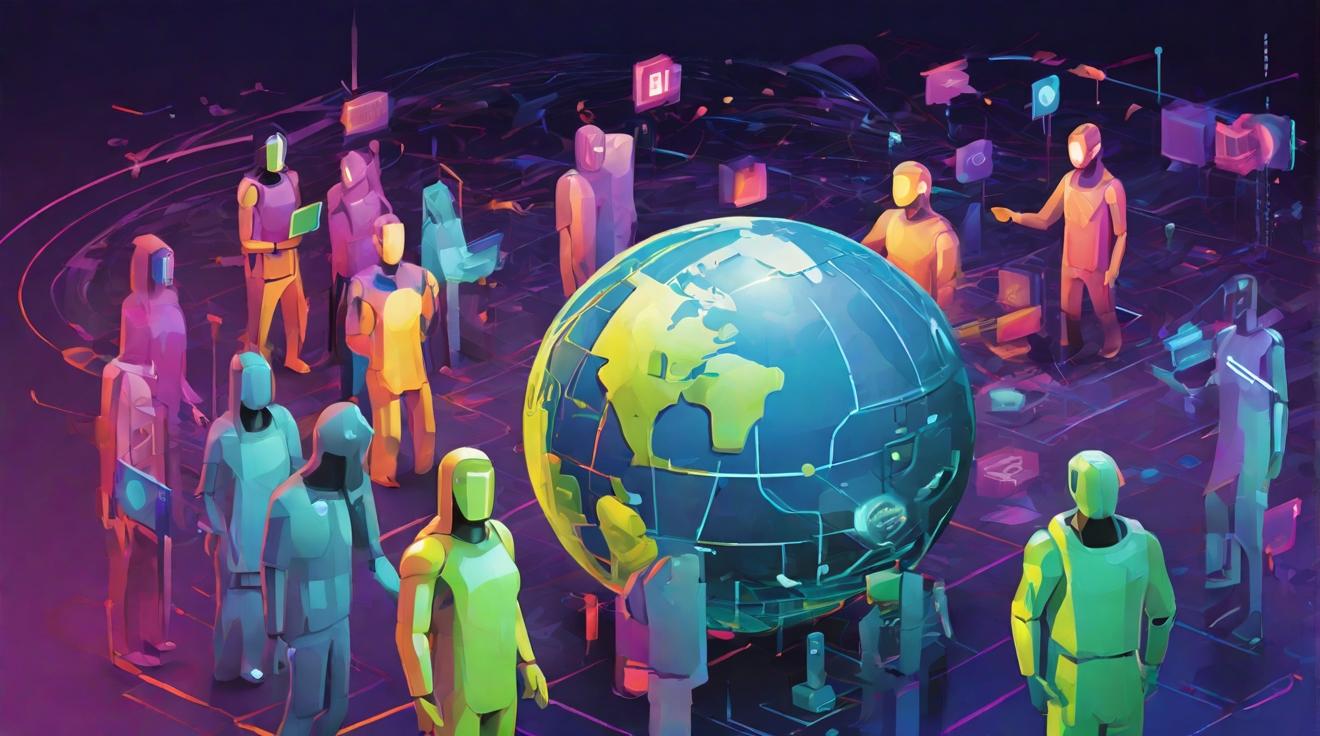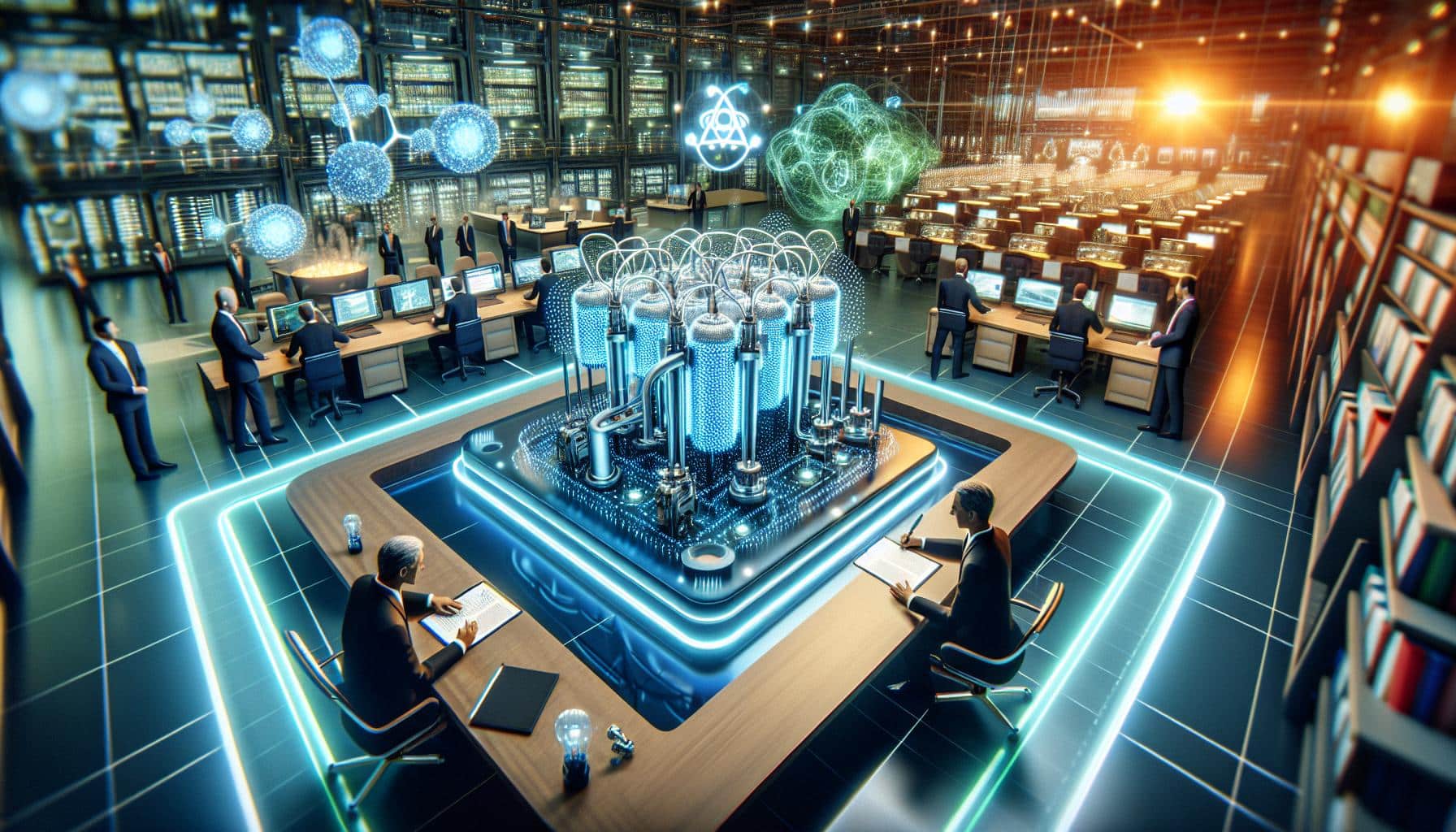Senior Developers Face New Challenges as AI-Assisted ‘Vibe Coding’ Gains Traction
In the evolving landscape of software development, seasoned programmers are embracing AI-assisted coding, often referred to as “vibe coding,” to accelerate project delivery. However, this shift has introduced significant challenges, with many developers describing their new role as akin to “babysitting” AI tools that frequently produce flawed or unpredictable code.
AI Coding Accelerates Development but Demands Intensive Oversight
Carla Rover, a web developer with 15 years of experience now building a startup focused on custom machine learning models, shared a candid account of the emotional toll AI coding can exact. After relying on AI-generated code without thorough review, she discovered numerous errors that forced her and her team to restart their project entirely. “I handed it off like the copilot was an employee,” Rover said. “It isn’t.” Her experience underscores a common pitfall: the temptation to shortcut manual code review in favor of speed, only to face extensive rework later.
Rover likened working with AI coding assistants to entrusting a complex task to a smart but unreliable child, emphasizing the necessity of close supervision. “You can’t delegate [a task] like that completely,” she added.
Survey Highlights Increased Burden on Senior Developers
A recent survey conducted by content delivery company Fastly involving nearly 800 developers found that 95% spend additional time fixing AI-generated code. Senior developers, in particular, shoulder the majority of this review workload. Issues identified in AI-produced code include hallucinated package names, omission of critical information, and security vulnerabilities, all of which can degrade product quality if left unchecked.
AI’s Limitations in Systems Thinking and Security
Feridoon Malekzadeh, with over 20 years in software and product development, compared vibe coding to managing a “stubborn, insolent teenager.” He noted that while AI can help solo developers save time and resources, it often fails at systems thinking—creating redundant solutions rather than scalable, reusable components. This approach can lead to confusion and maintenance challenges.
Security concerns are also prominent. Austin Spires, senior director of developer enablement at Fastly, observed that AI tends to prioritize quick fixes over robust, secure coding practices, potentially introducing vulnerabilities common among novice programmers. Mike Arrowsmith, CTO at NinjaOne, echoed these concerns, warning that AI-assisted coding may bypass essential review processes that catch security flaws, especially in young startups.
The Emerging Role of AI Code Supervisors and ‘Safe Vibe Coding’ Practices
The challenges posed by AI-generated code have even spawned new roles within organizations, such as “vibe code cleanup specialists,” dedicated to correcting and securing AI-produced scripts. NinjaOne advocates for “safe vibe coding,” which involves restricting AI tool access, enforcing peer reviews, and integrating security scans to mitigate risks.
Balancing Innovation with Caution: The Future of Vibe Coding
Despite its drawbacks, vibe coding offers clear productivity benefits. Developers like Malekzadeh and Rover acknowledge that while AI can complicate workflows, it also enables faster prototyping and routine task automation. The Fastly survey revealed senior developers are twice as likely as juniors to deploy AI-generated code in production, citing speed advantages.
Young engineers such as Elvis Kimara, a recent AI master’s graduate, describe vibe coding as both a relief and a challenge—reducing the satisfaction of problem-solving while accelerating development. Kimara foresees a future where developers act less as coders and more as AI supervisors, responsible for guiding AI systems and ensuring accountability.
“We won’t just be writing code; we’ll be guiding AI systems, taking accountability when things break, and acting more like consultants to machines,” Kimara said. He emphasizes the importance of meticulous review to learn from AI outputs and improve skills.
Conclusion
AI-assisted coding is transforming software development, offering speed and efficiency gains but demanding heightened vigilance from experienced developers. The technology remains imperfect, requiring significant human oversight to ensure quality and security. As AI tools mature, the role of developers is evolving toward managing and refining AI-generated work, marking a new chapter in programming practices.
FinOracleAI — Market View
The widespread adoption of AI-assisted coding tools is reshaping developer workflows, with senior engineers investing substantial effort to verify and correct AI outputs. While this oversight imposes additional time costs, the overall productivity gains and acceleration of prototyping are driving increased use in production environments.
Risks include potential security vulnerabilities and technical debt from inconsistent AI-generated code, particularly in less mature teams or startups. Ongoing improvements in AI accuracy and integration of security protocols will be critical to mitigate these issues.
Market participants should monitor advancements in AI coding platforms’ reliability and the emergence of specialized roles focused on AI code supervision. This transition period is likely to sustain a mixed impact on software development efficiency in the near term.
Impact: neutral













